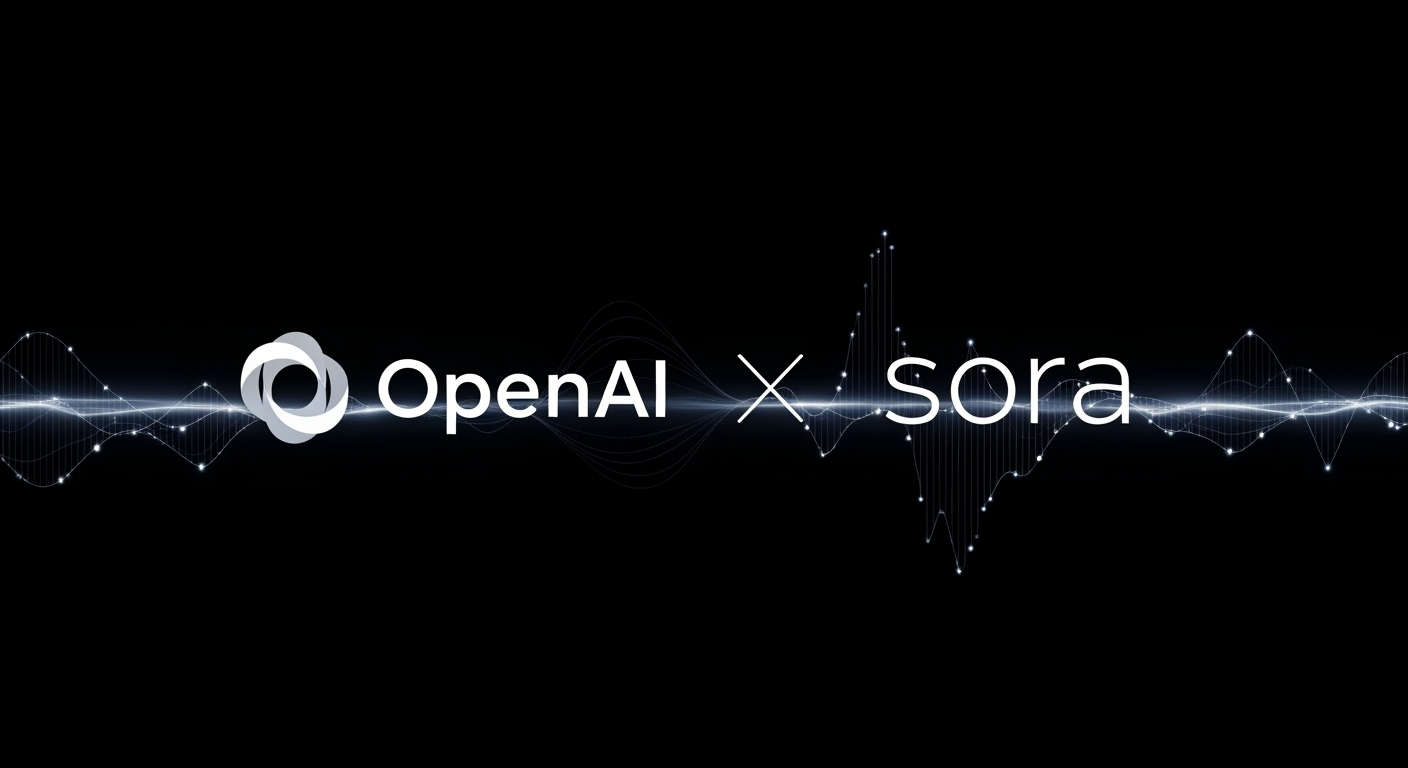OpenAI Unveils Sora 2 and TikTok-Style Social App for AI-Generated Videos

OpenAI Launches Sora 2 and a New Social Video App
OpenAI has announced the release of Sora 2, a next-generation AI model for generating audio and video, as well as a new social app named Sora designed to compete with platforms like TikTok and Instagram Reels. This marks a significant step for OpenAI, combining advanced generative technology with a public-facing social experience.
What is Sora 2?
Sora 2 builds on the capabilities of last year’s Sora model, offering substantial improvements in video realism and physics simulation. OpenAI shared sample videos—including beach volleyball games, skateboarding tricks, and diving board jumps—that highlight Sora 2’s ability to accurately portray motion and natural interactions with the environment. Unlike earlier models, Sora 2 maintains visual coherence: for example, a missed basketball shot now rebounds off the backboard instead of teleporting into the hoop.
The Sora Social App: TikTok with AI Magic
Alongside the model, OpenAI introduced its own social video platform. The Sora app lets users generate AI-powered videos featuring themselves and friends, then share these clips in a TikTok-style algorithmic feed.
- Cameos: Users can create "cameos" by uploading a one-time video and audio recording to verify their identity. This unlocks the ability to insert their likeness into any AI-generated scene.
- Friends Feature: Cameos can be shared with friends, letting users include multiple people in collaborative AI videos.
- Privacy Controls: Users are able to revoke access to their likeness at any time, and parental controls are integrated via ChatGPT for added safety.
Availability and Monetization
The Sora iOS app is available for download in the U.S. and Canada, with plans to expand to other countries. The platform is invite-only at launch, but ChatGPT Pro subscribers can access the Sora 2 Pro model without an invite. OpenAI says the app is free to use initially; in the future, users may pay to generate extra videos during peak demand periods.
How the Algorithm Works
Sora’s recommendation feed considers user activity, location (via IP address), engagement history, and ChatGPT conversations (this can be turned off). The app also features parental controls for managing scrolling limits, personalization, and direct messaging.
Safety and Ethical Considerations
OpenAI acknowledges the challenges of AI-generated video, particularly around consent and misuse. While users control access to their likeness, there are risks if others generate deceptive or harmful content. Non-consensual AI video remains a challenge with limited legal guidance, making platform safeguards critical.
Conclusion
OpenAI’s Sora 2 and its new social app signal a bold move into consumer AI and social media, blending advanced generative models with interactive, personal video creation. As AI video tools become more mainstream, user privacy, safety, and ethical boundaries will be closely watched.





